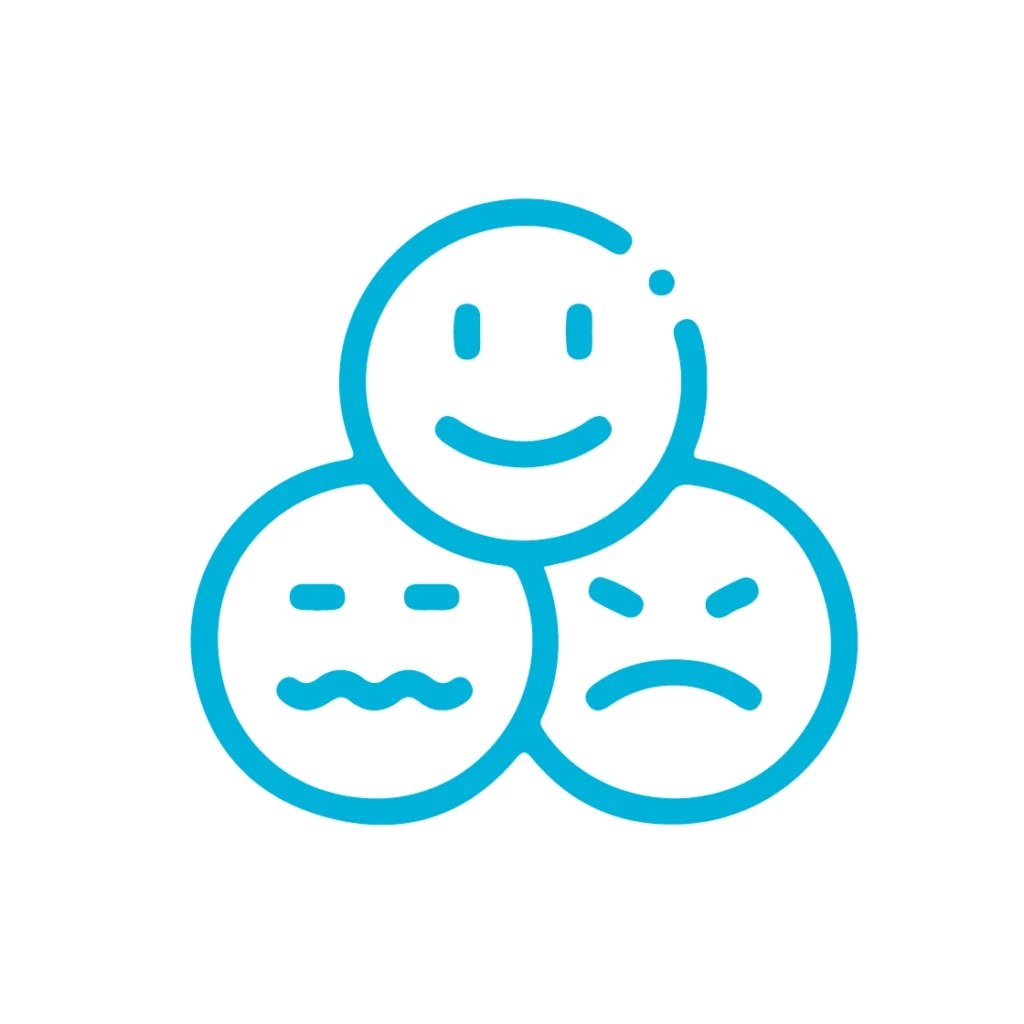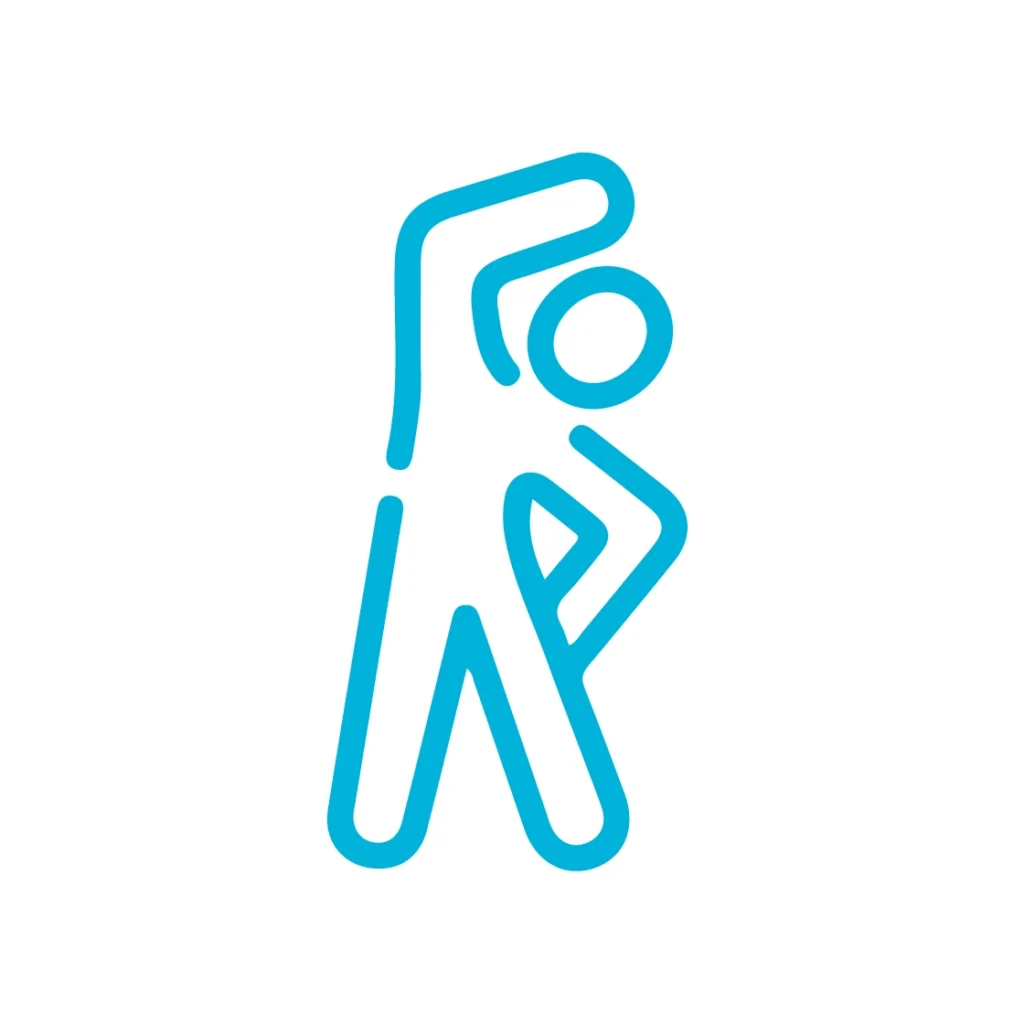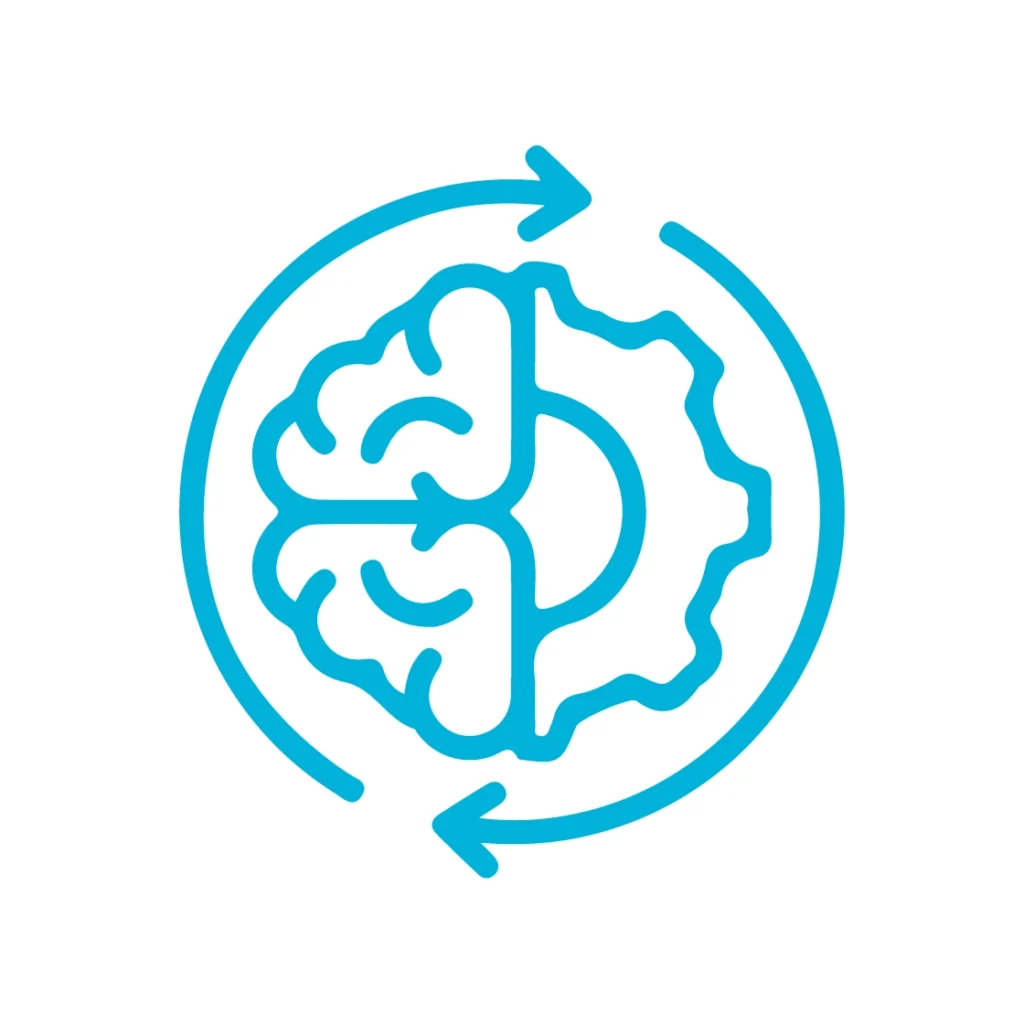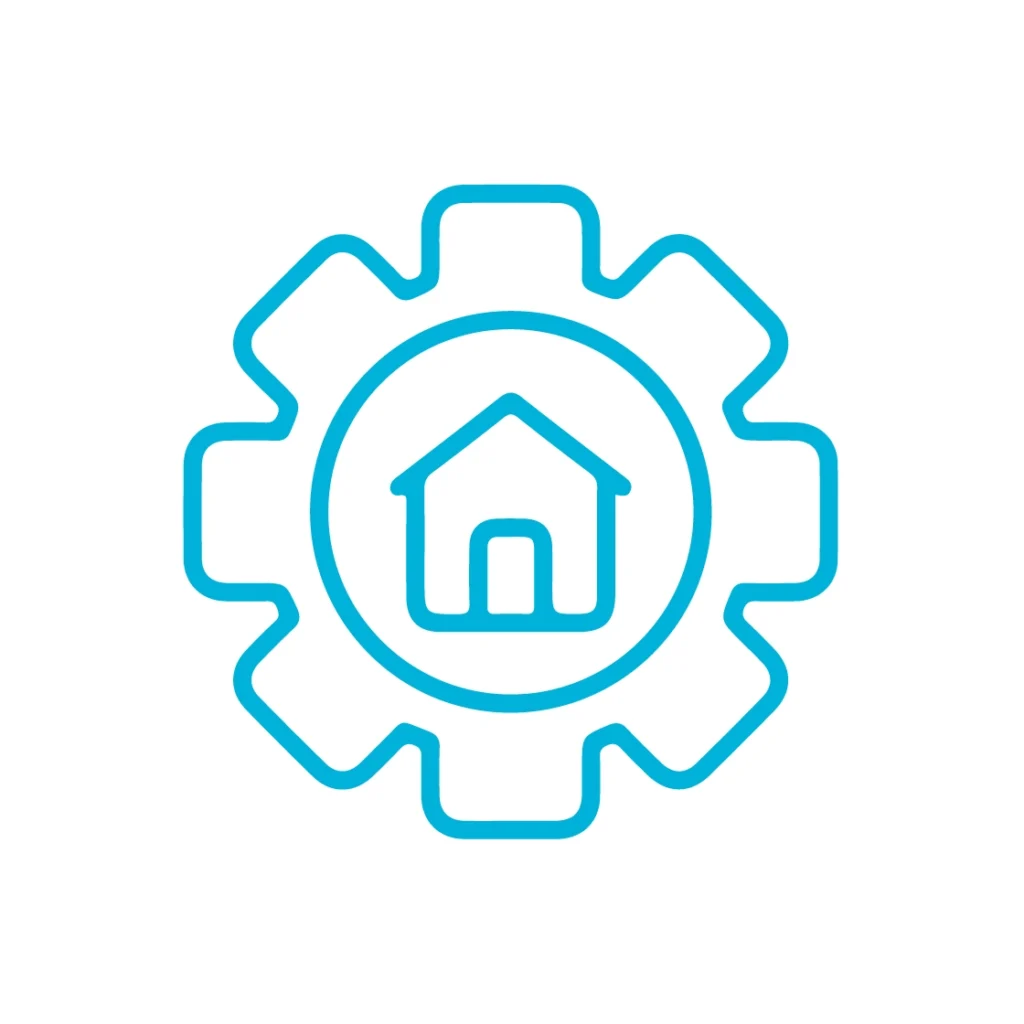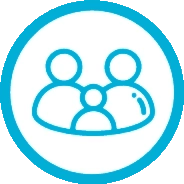Our Model
“Sexual violence against
children and adolescents
is a growing issue worldwide…
and it is only now starting to be recognized.”
THE PROBLEM
Sexual violence against children and adolescents is a global public health problem with very serious consequences that is only now becoming visible.
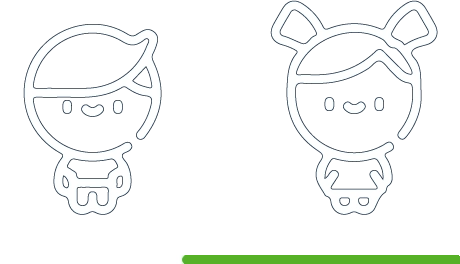
According to the Pan American Health Organization (PAHO), 58% of children in Latin America have been victims of physical, sexual, or emotional violence.
are victims of sexual violence before they turn 18 (Lotus Children’s Advocacy Center )
It has been proven that sexual violence against children and adolescents causes severe psychological, health, neurophysiological, and social issues. Some of the short- and long-term consequences include:
Unfortunately, these social and psychological disorders are just some of the many protective mechanisms that children and adolescents develop to survive the reality of ongoing sexual violence.
Our Model
ABH uses a public health approach to end sexual violence against children and adolescents and to improve the lives of survivors. All ABH activities focus on three main areas:
A Breeze of Hope Foundation's prevention strategies aim to end sexual violence against children and adolescents (NNA) and promote safe communities, by challenging social constructs that drive sexual violence, such as androcentrism and adultcentrism.
One of the main characteristics of prevention strategies is a public health approach, which focuses on channeling investment towards “upstream” interventions that target the root causes of sexual violence. The more we target root causes, the greater the chances of obtaining sustainable social benefits in terms of preventing public health problems, economic crises and social instability.
Prevention Initiatives
Early Childhood Development
We work with governments, health systems, educational systems, communities and families to implement early childhood development programs that begin with parents intentionally forming positive mental representations of their developing child. We recognize that the first 1000 days are the most crucial for the development of healthy brain architecture, which greatly determines the overall trajectory of a person’s life. This includes a person's resilience to adverse and traumatic experiences. The investment made in early childhood will have a deep impact across the life span. Violence prevention begins with interventions during pregnancy, early infancy and childhood. A vital component of this is the development of healthy parent-child relationships based on secure emotional bonds and attachments. Another essential aspect of violence prevention is fostering safe and enriching environments for children. Healthy development during childhood also involves regularly experiencing highly sensitive and empathetic interactions. These interactions develop an empathetic brain, laying the foundations for a lifetime of harmonious interactions and relationships (school, family, social spaces, etc.).
|
When this empathy is well developed, it dramatically reduces the potential for future use of violence. Thus, preliminary interventions during early childhood reduce the propensity for violence and increase resilience to adversity. On a large scale, these interventions have the potential to radically alter relational patterns throughout society.
|
Our early childhood interventions are based on the five key health determinants:
|
Socio-emotional nutrition. |
Healthy physical nutrition. |
Cognitive |
Development of self-agency. |
Safe and enriching environments. |
Our Early Childhood Programs are essentially an alternative educational model that involves parents and families in the educational process and focuses on the development of life skills such as healthy communication patterns, non-violent conflict resolution, emotional intelligence, high level of internal self-awareness, and situational awareness. These aspects of education are absent from the standard curricula used in many schools, and yet they are the most basic pillars of lifelong learning, professional success, and meaningful, enjoyable, and reciprocal relationships.
Training and education programs for officials, professionals and students
Prevention activities also focus on building the capacity of physical and mental health professionals, justice system operators (police, prosecutors, judges, forensic doctors, etc.), professional educators, primary & secondary school students, university students, and parents to:
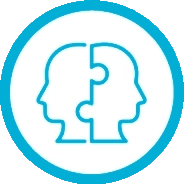  Raise awareness of the value of harmonious coexistence |
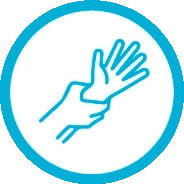  Understanding the dynamics and consequences of sexual violence |
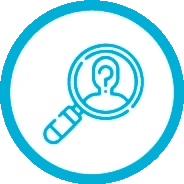  Respond appropriately when there is suspicion of sexual violence against children |
|
Our purpose here is to ensure that individuals, families, communities, and institutions have the resources they need to create safe spaces and, if they detect sexual violence, to offer victims compassionate and trauma-informed support. Just as a trauma-informed and trauma-sensitive response can make a positive difference in a child's life, so also can an inappropriate, victim-blaming response force a child back into silence, sometimes forever.
We provide training and specializations to:
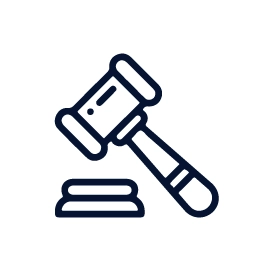  |
Justice System Operators Police, prosecutors, judges, medical examiners and other professionals trained to respond to child sexual violence and help victims obtain justice.
|
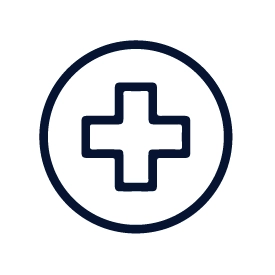  |
Health System Professionals Included in our training pillar, which aims to provide them with the necessary resources to suspect and identify possible cases of sexual violence as well as provide compassionate support to victims of child sexual violence.
|
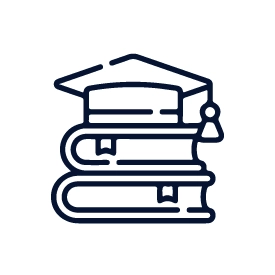  |
Educational System Professionals (educators, schools, universities) We also focus on training educators, primary & secondary school students, and university and graduate students to prevent and respond to childhood sexual violence by providing training on sexual violence prevention and human rights awareness. In schools we work to ensure that children and adolescents understand the dynamics of sexual violence, are aware of their human rights and know how and where to get help. Many victims do not report the violence they’ve suffered to authorities because they are simply not aware that the aggressors' acts are crimes. One of our investigations showed that over 80% of children who were experiencing sexual violence did not know that what was happening to them was a crime. To address these knowledge gaps, we provide sexual violence prevention and human rights awareness courses in schools. These training modules put children in touch with the knowledge and resources they need to report. Part of this school-based intervention is our "Youth-to-Youth" program, which provides training to interested adolescents so that they can create safe spaces for disclosure in their schools and communities. It is often easier for children to tell their peers about their experiences than it is to tell adults.
|
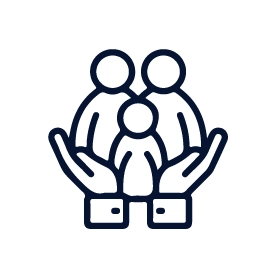  |
Human services sectors (government welfare and protection agencies, etc.) It is important for those directly involved in legal change and human services to be aware of the signs of childhood sexual violence and the impact it has on many people's lives.
|
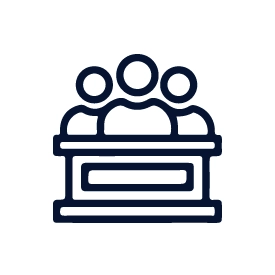  |
Civil society (parents, professionals and others) Through our training pillar we seek to empower parents and professionals in trauma-informed prevention, healing, justice and response to childhood sexual violence. Some of our training topics include:
|
International Advocacy
We advocate for prevention, healing and justice before international human rights bodies, including the United Nations and the Organization of American States. We maintain a persistent presence before the Inter-American Commission on Human Rights, where we highlight issues of systematic violations of the human rights of child survivors of sexual violence.
|
Movimiento de Valientes LATAM It is a special initiative of A Breeze of Hope – The Latin American branch of Brave Movement Global. Movimiento de Valientes LATAM is a broad community of survivor-activists and their allies that serves as a powerful and transformative voice for collective action to end all forms of sexual violence against children and adolescents. We advocate for bold and ethical public policy solutions at the national, regional and global levels, with a primary focus on institutional actors, including governments and the private sector.
|
We are engaged in strategic litigation before the Inter-American Court of Human Rights. On January 19, 2023, we won a landmark case before the Inter-American Court of Human Rights, Angulo Losada vs. Bolivia, which is the case of our founder and CEO, Brisa De Angulo. The case establishes new jurisprudence that: (1) expands the Due Diligence standards governing state actors’ response to childhood sexual violence, (2) creates new and stricter standards for criminal legislation on sex crimes against children, (3) mandates systemic and structural changes that support national level prevention efforts, and (4) requires specialized training for state officials. The case is directly binding on Bolivia and constitutes controlling jurisprudence for 23 other OAS member states.
|
Research and Publications
We have published dozens of training manuals, books, research papers, and protocols aimed at providing advocates, public officials, and grassroots practitioners with the resources, theoretical frameworks, and practical guidance they need to carry out effective prevention activities and provide direct services to survivors.
Social activism and awareness campaigns
We engage in impactful social activism through public information campaigns, using various media such as radio, television, print media and social networks. We have driven several initiatives, including the annual August 9th campaign, Day of Solidarity with Victims of Sexual Violence and Against Sexual Violence Towards Children and Adolescents, which includes peaceful walks and parades in over a dozen Latin American Countries.
Public policies and legal reform
AWe advocate for legal and policy reforms at national and international levels to prevent childhood sexual violence and improve access to justice for survivors. We have pushed for significant changes, such as the removal of statutes of limitations and the redefinition of rape provisions in criminal law, focusing on the absence of consent.
These activities focus on providing spaces where child and adolescent victims of sexual violence and their non-offending family members can maximize their resilience and rebuild their life plans, which includes access to prompt, compassionate, and effective justice. The healing process involves a journey where the child victim regains control over her life by reinventing herself, grounding herself in a powerful sense of purpose, and not allowing the violent events and trauma to continue controlling her life.
One of the most notable and distinctive characteristics of A Breeze of Hope’s support services for child survivors of sexual violence is that they stretch across the life span and respond to the unique needs and challenges of each stage of life. ABH’s direct and robust long-term care for survivors has two sequential phases: (Phase 1) Acute transdisciplinary support throughout the criminal justice process and (Phase 2) Long-term transdisciplinary support after the criminal justice process that ensures victims and their families have life-long access to a variety of programs that support them as they reorganize their life project (Esp. proyecto de vida), develop their full potential and new dreams, and support each other through life’s joys and challenges.
Some of these support services are
Personal healing
We leverage neuroscience-based healing strategies and activities to help children and adolescents rediscover their inner strength, regain hope, discover their own capacity to activate their inner resilience, and rebuilding a healthy and joyful life.
|
We recognize that experiencing sexual violence has a deeply traumatic impact on the victim, characterized by profound dysregulation of the victim's nervous system. This leads to a variety of dissociative symptoms and alterations in metabolic, autoimmune, emotional, and cognitive processes, which in turn negatively impact the victim’s ability to learn, relate to others, and navigate their social and cultural environments.
|
Although our day-to-day work deploys an ever-evolving plethora of healing activities that are highly tailored to the specific needs and situations of survivors, our foundational theoretical frameworks and therapeutic modalities are informed by decades of research and rooted in cutting-edge neuroscience and social science. Our academic influences include:
| Peter Levine, PhD Bessel Van Der Kolk, MD Somatic Healing Theory |
Stephen W. Porges, PhD Deb Dana, LCSW Polyvagal Theory |
David Emerson Trauma Informed Yoga |
Dianne Poole Heller, PHD
|
| Jon Kabat-Zinn, PhD Mindfulness-Based Stress Reduction |
Gabor Maté, MD Healing from Trauma and Addiction |
Guy Diamond, Gary Diamond and Suzanne Levy Attachment-Based Family Therapy |
Dr. Judith Herman
|
| Daniel Siegel, PhD Trauma Neuroscience |
Ross Greene Collaborative and Proactive Solutions to Family Conflicts |
Rachael Yehuda, PhD Epigenetics |
Richard C. Schwartz, MD
|
| Bruce D. Perry, MD, PhD José Miguel De Angulo, MD Neuroscience and Trauma Healing |
Ronald D. Siegel, PsyD Mindfulness and Trauma Healing |
The foundation's therapeutic work harnesses the power of various trauma management theories. Our main commitment is for survivors to gain control over their life projects, develop their full potential, and build their own well-being.
These theories include:
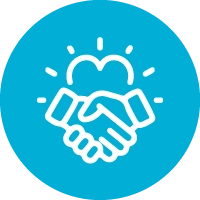  Relational Therapy and Corrective Attachments |
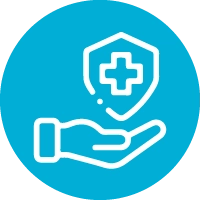  Recovery of Traditional Health Practices |
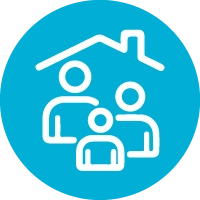  Internal Family System Therapy |
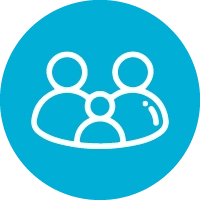  Family Systemic Therapy |
  Sand Play Therapy |
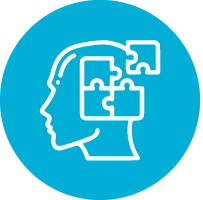  Psychoeducation |
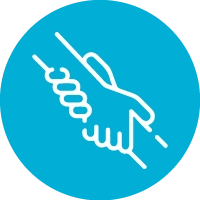  Self-Help Groups |
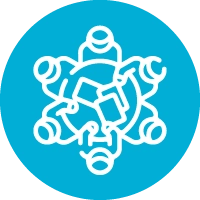  Group Therapy |
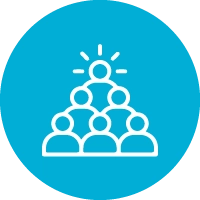  Social Rehabilitation and Occupational Therapy |
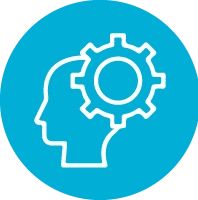  Trauma-Focused Cognitive-Behavioral Therapy |
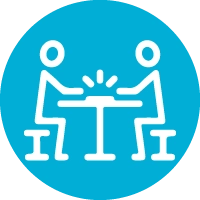  Trauma-Focused Play Therapy |
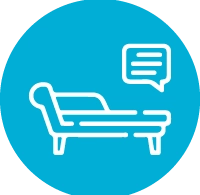  Therapies with a Limbic approach |
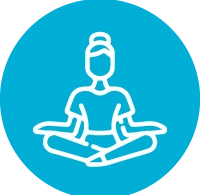  Somatic-Based Therapies - mindfulness, dance, yoga, music, art, play and others |
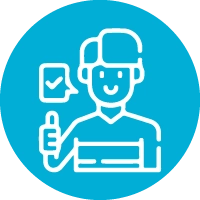  Compassionate Self-Inquiry (Gabor Mate) |
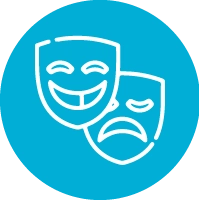  Sociodramas (Van Der Kolk) |
Political participation and activism
ABH seeks to facilitate the development of survivors’ capacity to conduct analysis of the practices, beliefs, biases, prejudices, and socio-political and cultural norms that normalize the use of sexual violence as an instrument of power (e.g., toxic gender stereotypes, conditions of subordination, and others). Similarly, we seek to facilitate the development of survivors’ capacity for decision-making and effective political participation. We also facilitate platforms that elevate survivors’ voices, decision-making opportunities, and political advocacy. The central goal of these efforts is to position survivors of childhood sexual violence as political subjects in community and governmental decision-making processes related to prevention, healing, and justice. At ABH, political participation and activism begin in the home and community institutions (educational, religious, youth, etc.) and radiate outward to broader local communities, governments, and international agencies.
Healing clearly influences the political dimension that allows survivors to regain control over their life project (Esp. proyecto de vida, meaning the intentional planning of one’s life purpose, goals, strategies, and courses of action), develop the capacity to manage power relations, and generate processes of social transformation as active agents of change exercising their rights. As an organization centered on and led by survivors, our programs are designed to ensure that survivors' voices are present in everything the organization does and in all decision-making processes, from strategic priorities to the planning of daily activities.
Economic independence
We facilitate economic empowerment for survivors by providing courses on financial literacy, budgeting, inventory management, marketing, income-generating alternatives, and vocational training programs to help survivors and their families find employment or start their own small businesses.
Education
We work with survivors, their non-offending family members, and schools to prevent bullying, reduce secondary victimization, and create supportive learning environments. In addition to community support, we offer free after-school classes, individualized tutoring, group activities, college and university support, and financial support for higher education. 98% of the child and adolescent survivors who receive our academic support complete high school. 90% of those who graduate from high school go on to higher or technical education, and we continue providing them robust academic support to help them succeed!
Family Therapy and Building Healing Communities
We also support child survivors, their families and communities on their collective journey to healing. Our approach situates healing in the environments and relationships of everyday life, as opposed to clinically bound approaches that situate healing in a therapist’s office.
Access to justice is a foundational pillar of all we do. We seek to
- Make the crime visible to the public,
- Ensure aggressors are swiftly brought to justice,
- Restore the human rights of children and adolescents, and
- Strengthen the State's duty of due diligence, which includes restoring the rights of survivors through investigation, prosecution, and punishment of the person who committed the crime.
Our legal team, made up of highly specialized lawyers, provides free access to quality legal support that guarantees due process in the prosecution of sexual aggressors. We have maintained a 95% conviction rate in the more than 900 cases that we have litigated.
It is crucial to understand that there is no healing at the margin of the law. The prosecution of the aggressor and the restitution of the victim’s rights provide a solid platform for trauma healing and regaining control over her life project. The judicial process, when properly managed, also allows children and adolescents to exercise their rights to access justice and for their voices to be heard, validated and respected, facilitating a fundamental component of their political participation, not as a passive subject, but as a leading actor in the judicial process.




